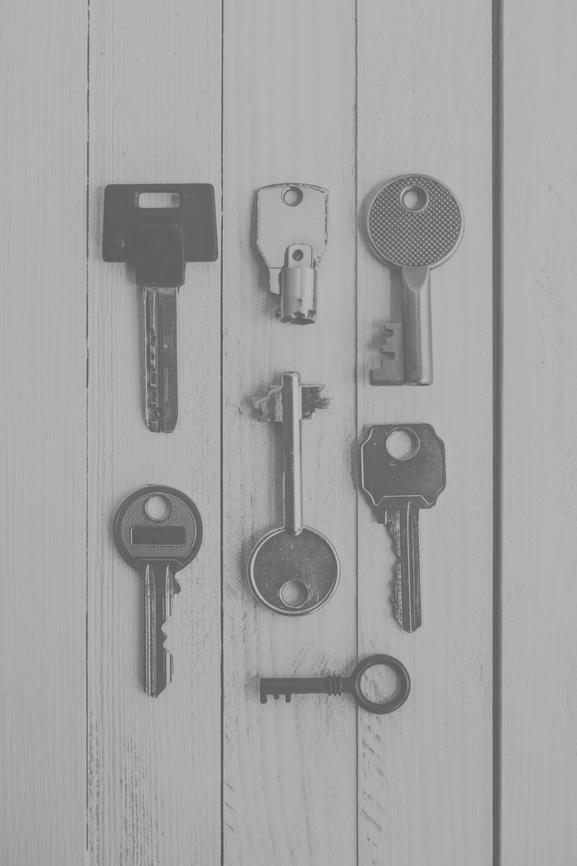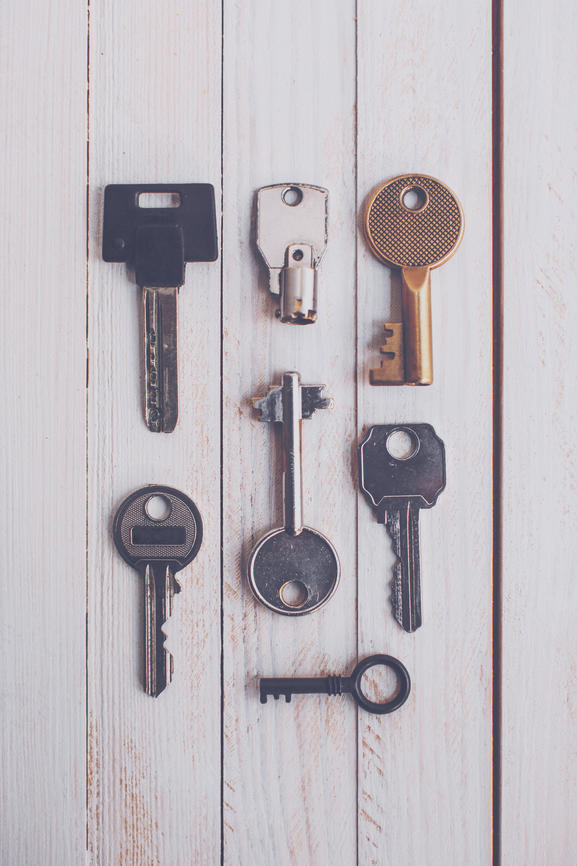This probably doesn’t surprise you: I keep an extremely detailed budget. I track every penny and have for over a decade. I get a little on edge if I miss a week and see the receipts pile up. But when I catch up, all seems right with the world. I love my Excel spreadsheet and share it ever chance I get.
But every time I reconcile my spreadsheet with our joint Mint account at the end of the month, I question whether this amount of detail is really necessary. Is tracking every penny useful in and of itself? Do I really need to keep a cash flow statement and balance sheet on a monthly basis?
It’s also no surprise that I’m in the minority when it comes to budgeting. A gallop poll a couple years ago found that 67% of Americans don’t prepare a detailed written or computerized budget. Even some personal finance bloggers don’t believe in budgeting because it takes too much effort, it’s too constricting, or it focuses on the wrong goal. On the other hand, most financial advisors and personal finance bloggers think budgeting plays an essential role in building your financial future. So who’s right?
I’m a firm believer that you have to do what’s best for you when it comes to personal finance. And just because something like tracking every penny works for some people, it doesn’t mean it will work for you. That being said, I’ve seen how not keeping a budget or having a “general sense” of how much you spend hasn’t worked for many people.
Here are a few reasons of why I think budgeting is important:
- It provides intention and direction for your spending: You would never go on a diet, learn a new skill, or fix a car without a plan. So why would you do that with paying down debt, buying a house, or saving for retirement? Having a budget allows you to focus on your money goals and get the most efficient use from your money. I never would have paid off $110,000 in private law school loans without a detailed plan.
- ·It allows you to quickly adjust to life changes: Having a sense of how much you have coming in and going out allows you to adjust if life throws you a curveball. For example, Ben and I had to buy a new car recently. With our spreadsheet, we could easily see how much we could afford and adjust our spending for the new payment. The same approach applies with having to move suddenly, deal with a family tragedy, or getting a raise. Your budget gives you the ability to make wise decisions quickly.
- It relieves stress: Overall, I budget because it makes me feel better. Knowing where every penny goes and seeing how much flexibility I have relieves any money anxieties that arise. When Ben and I fight about where to spend our money (yes, we still do from time to time.), we have concrete numbers to shed light on where our money currently goes. I’ve seen bad financial habits destroy marriages and cause people so much stress that they get sick. Having a budget will help mitigate the stress and empower you to take control of your finances, no matter what financial circumstance you find yourself in.
Again, I understand strict budgeting isn’t for everyone. It may be too stressful or tedious to you. What can you do in the alternative? More on that Friday.




